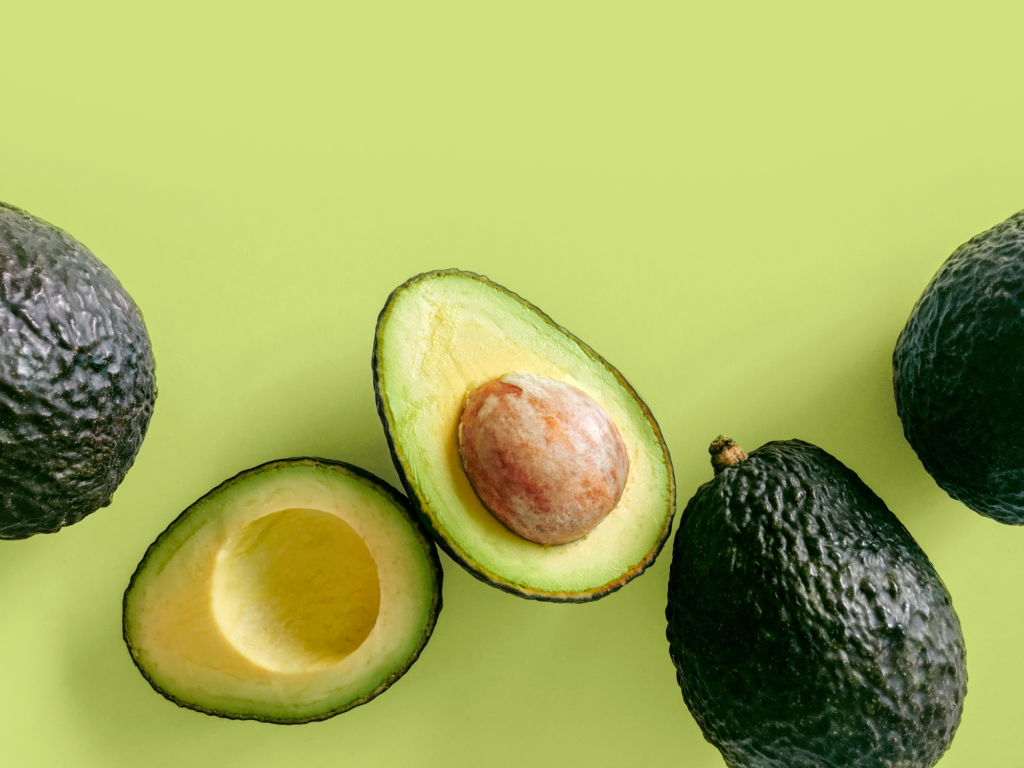Fiber, often overlooked, is one of the most essential components of a balanced diet. Unlike other nutrients that our bodies digest and absorb, fiber passes through the digestive system mostly intact, providing unique benefits that contribute to overall health. Despite its importance, many people don’t get enough fiber. Here, we’ll discuss why fiber is so valuable, its various types, the health benefits it offers, and easy ways to add more fiber to your diet.
What Is Fiber, and Why Do We Need It?
Fiber is a type of carbohydrate found in plant foods. Unlike sugars and starches, fiber isn’t broken down into energy. Instead, it travels through the body, helping support numerous physiological processes. Dietary fiber is generally divided into two categories: soluble and insoluble, both of which play essential roles in health.
- Soluble Fiber dissolves in water to form a gel-like substance, which can help lower blood sugar and cholesterol levels. It’s commonly found in oats, beans, lentils, and some fruits.
- Insoluble Fiber doesn’t dissolve in water; instead, it adds bulk to the stool, aiding in regular bowel movements. This type of fiber is found in whole grains, nuts, seeds, and vegetables.
Health Benefits of Fiber
Reduces the Risk of Certain Cancers
A diet high in fiber has been associated with a reduced risk of colorectal cancer. Fiber aids in regular bowel movements, which reduces the exposure of the colon to carcinogens. Additionally, the short-chain fatty acids produced when fiber ferments in the gut may have protective effects against cancer.
Promotes Digestive Health
Fiber is best known for its role in digestion. It helps prevent constipation by adding bulk to stool, making it easier to pass. Moreover, it supports a healthy gut microbiome, as certain fibers serve as food for beneficial bacteria, which in turn produce short-chain fatty acids beneficial for gut health.
Supports Weight Management
Fiber helps you feel full longer because it slows digestion, which can be especially helpful for those looking to manage their weight. High-fiber foods are often less calorie-dense, making them an excellent choice for people looking to control their calorie intake without feeling deprived.
Lowers Cholesterol Levels
Soluble fiber, found in foods like oats and apples, binds with cholesterol in the digestive system, reducing overall cholesterol levels. This helps reduce the risk of cardiovascular diseases, as lower cholesterol levels contribute to better heart health.
Regulates Blood Sugar
Fiber, especially soluble fiber, slows down the absorption of sugar, which can help stabilize blood sugar levels. This is particularly beneficial for people with diabetes or those at risk of developing it, as fiber can reduce spikes in blood sugar after meals.
How Much Fiber Do You Need?
The recommended daily intake of fiber varies by age and gender, but general guidelines suggest that:
- Women should aim for at least 25 grams of fiber per day.
- Men should aim for at least 30 grams of fiber per day.
Discover our top ten fiber-rich foods to incorporate into your diet.
- Beans
- Broccoli
- Avocados
- Apples
- Popcorn
- Whole Grains
- Potatoes
- Dried fruits
- Nuts (almonds and sunflower seeds)
- Blueberries
